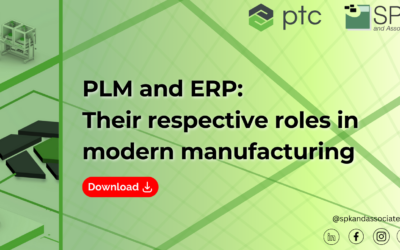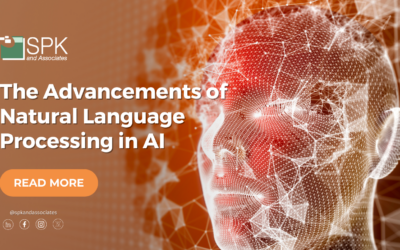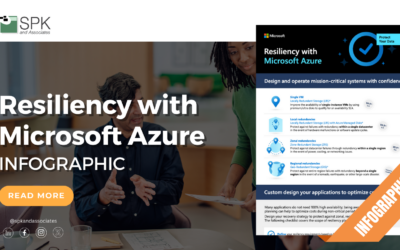As the push towards the cloud continues, 2013 will see a growing emphasis on cloud-related outsourcing projects. Cloud-related IT expenditure covers a wide range of areas including; Software as a Service (SaaS), cloud compute centers, infrastructure as a service (IaaS) and all the related on-demand technologies.
According to the Society for Information Management, Chief Information Officers (CIOs) globally plan to spend a larger portion of their IT budgets on outsourcing in 2013. This greater outsourcing spend is seen as a necessary commitment to boost productivity and yet reduce running costs. In 2012, cloud computing was highlighted as a top application and this will continue into 2013.
Since cloud services are already being adopted by the enterprise and SMBs, their continuing importance means that they will now penetrate into specific industries and markets including retail, hospitality and medical. For enterprises that have already started using the cloud, the next drive will be to harness the power of data analytics via clouds services. This means that businesses will be able to use data, stored and processed in the cloud, on their local and global operations. This use of “big data” is a major potential growth sector.
The leveraging of big data is also seen by the International Association of Outsourcing Professionals (IAOP) as a key revenue driver for rapidly commoditizing Business Process Outsourcing (BPO). IAOP also recognizes the problem of data security, as well as availability of systems, as a major issue for customers and providers in 2013.
With regards to infrastructure services, including the need, design and maintenance of data centers, Rolf Jester, Gartner vice president and distinguished analyst, sees that as cloud computing matures, it will play an increased role while traditional outsourcing will dominate in infrastructure service investments. He predicts that the growth rate of cloud services will mean that infrastructure as a service (IaaS) will become 10% of the total infrastructure services expenditure by 2016.
As the cloud moves into new business areas and as the issues of data security, scalability and availability become increasingly important, the need for relevant cloud skills also increases. If a cloud skills gap exists in an organization then the safest and most cost effective way is to use IT outsourcing.
This is equally true with software as a service, infrastructure as a service and with big data. Harnessing the power of the cloud requires the right experience and talent. Cloud skills are still relativity new but outsourcing companies, like SPKAA, are able to bridge the skills gap and bring experience, innovation and vision.






